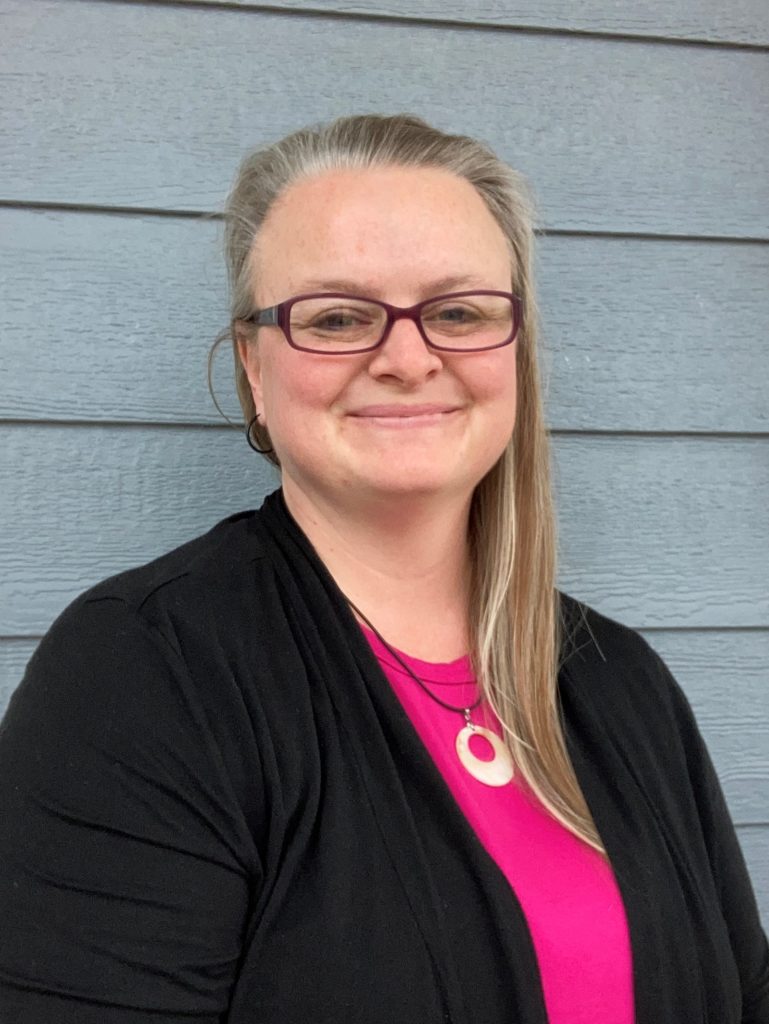Guest Blogger: Melanie Nichols

This March, we are sharing a special series of blog posts from Melanie Nichols. This series was originally posted in February 2021. You can find Melanie and her blog here. If you would like to submit to our blog, please email us.
Hangry. Most of us have experienced being Hangry – grumpy, or even angry and not sure why only to realize after a snack or a meal how much better we feel. And many of us probably know the brain fog that comes after pulling an all-nighter. We can barely think of anything besides a nap. In Abraham Maslow’s hierarchy of needs, all people – including the kids in our homes and classrooms – have basic needs that *must be met* before we can focus on higher needs like academics, creativity, and even our hobbies and interests.
Most of us have times when we are deprived of a good night’s sleep or a meal due to unusual circumstances. But when these most basic needs frequently go unmet, or there is uncertainty surrounding whether or not they will be met, people simply can not turn their focus to higher needs. What is important to realize is that Maslow’s hierarchy of needs does not stop with food and rest. While we must start here, we do not go straight from well-fed and well-rested to ready to learn.
Once those basic physiological needs are met, we must ensure our kids feel physically safe and secure. We must provide opportunities to meet their social needs – with their peers and with us. We need to create an environment in our homes and classrooms that addresses their need for esteem. Only then will our children be able to learn academics, pursue hobbies, mature spiritually, or grow in any other area of self-actualization.
When things go haywire with the kids, we, as loving parents and teachers, must take a step back and ask what is needed? Are they hungry, tired, bored, or cold? Once we identify an area of need in one of our children, love guides us into doing what we can to meet that need and help their focus move up the pyramid.
Image below taken from PhD in Parenting – Maslow’s Hierarchy for Children

Recent Comments